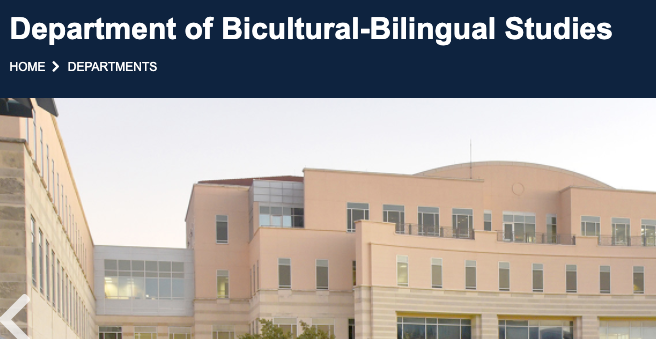“There will only be English in Kindergarten”: The Language Ideologies of the Lead Teacher and of Mexican Mothers in an Arizona Head Start Program serving Spanish-Speaking Latino Children
Abstract
This article examines the language ideologies of the lead teacher and of five Mexican mothers of Spanish-speaking, emergent bilingual children in a Head Start program in Arizona. Data from semi-structured interviews, informal conversations, and participant-observation field notes were analyzed using the interrelated concepts of language ideologies and family language policy. The teacher and mothers adhered to ideologies that benefit children’s emergent bilingualism such as expressing pride for the children’s bilingual skills and the view that parents should use Spanish with their children to maintain the children’s bilingualism. However, some of their notions were more in line with ideologies of language separation where linguistic labor and instruction was divided in such a manner that children developed their English skills at school and Spanish abilities at home. The findings highlight the important role of the mothers’ and teacher’s positive and negative lived experiences with language and bilingualism.





